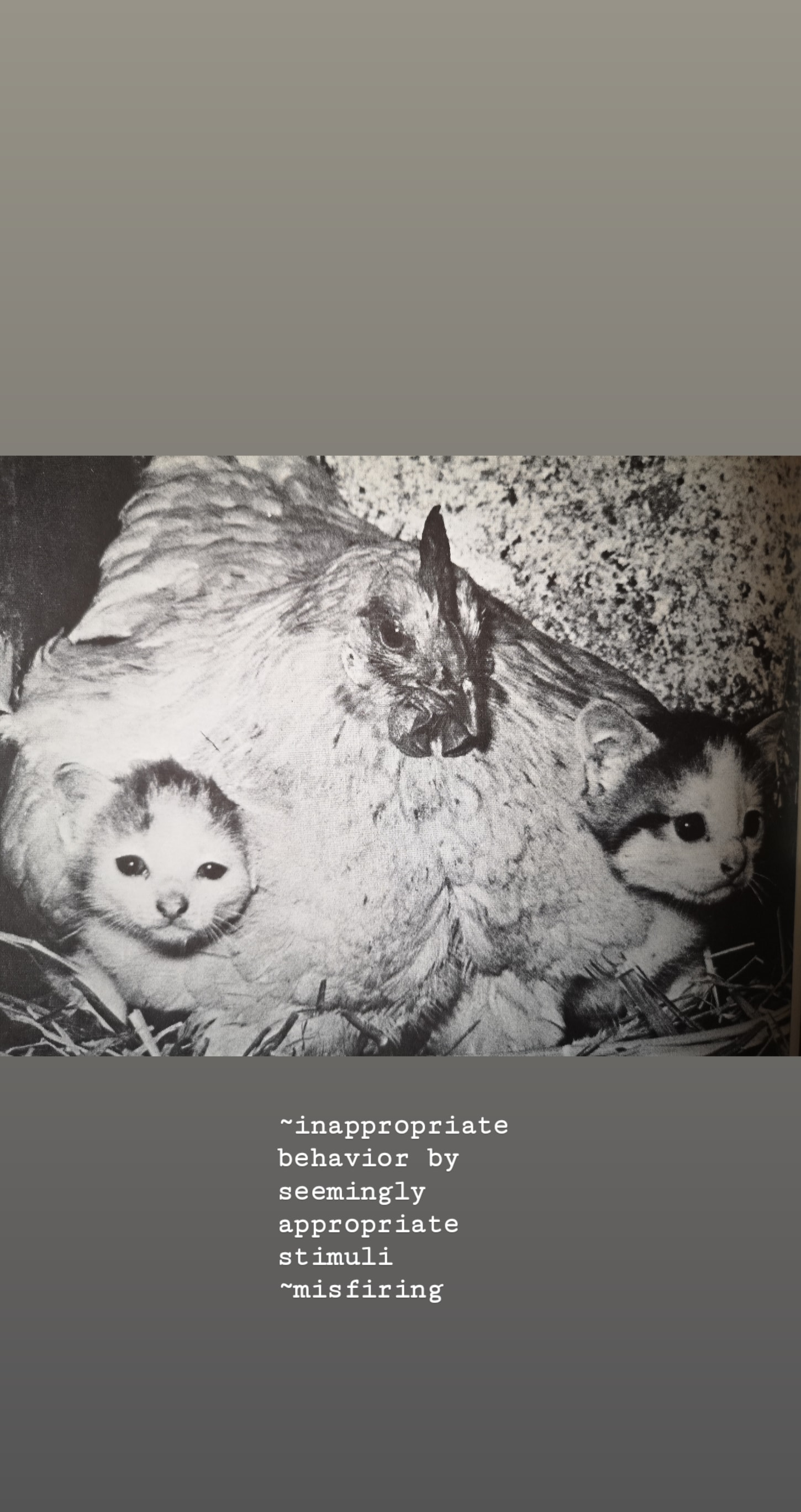camden_peer_forum_2020 @ Camden Art Centre
We are the Camden Arts Centre Peer Forum 2020! For the past 4 months, we have been working together as a group in real life and online to engage in peer led discussions, responding to Camden Arts Centre’s exhibition programme and holding practical workshops that explore collective affection. Consisting of visual artists, curators and writers, our practices challenge the very nature of how we come together, communicate, present ourselves and strive for social change through sharing a more personal and intimate voice within our work. We consider Peer Forum as an ecosystem of care with the potential for symbiosis.
Through this takeover we will be sharing some of our thinking processes around collective intimacy and how we can navigate URL and IRL spaces in a time of self-isolation. This is a reflection on how as a group we recall intimacies that we share, challenge, negotiate with others, intimacies that allow new and alternative stories to be told.
This year’s selected group is led by Lea Collet who is working with Miriam Austin, Naz Balkaya, Harry Bix, Guendalina Cerruti, Rosa Doornenbal, Roxman Gatt, Maria Gorodeckaya, Zaiba Jabbar, Natalia Januła, Lou-Atessa Marcellin, Eleni Papazoglou, Dylan Spencer Davidson, Anna Souter.
below my contributions to @ Camden Art Centre instagram takeover





_work in progress
Wet Rest
Wet Rest is a research group that employs the embodied and sustained practice of floatation for artistic research.
In a behavioural science context, floatation is a form of restricted environmental stimulation therapy (REST), or sensory deprivation. One floats alone for one hour in the dark, in highly salinated water that provides buoyancy to the body and limbs; the water and air are both warmed to body temperature and ear plugs exclude sound. Developed during the 1950s for consciousness research by neuroscientist John C. Lilly, floatation is today utilised largely for physical therapy, meditation, to increase productivity, for accelerated learning and behaviour modification (phobia and aversion therapies).
Appropriating this technology, Wet Rest is a monthly practice-based research and reading group that employs the multidimensional affective experience of sensory deprivation floatation tanks as embodied methodology for artistic research into the conditions of feminist posthumanism, immersion and altered states of consciousness. Established in 2017 by Lucy A. Sames, each month the members of Wet Rest participate in both a floatation and an accompanying reading group. Through the redeployment of this technology of ‘wellness’ for not only its therapeutic benefits, but also for the engagement of its corollary effects – kinaesthetic disorientation, somatic misperception, paranoia and spatio-temporal distortion – Wet Rest aims to, within this excess, allow for speculative ontologies to emerge.
If you are interested in participating please email contact@beingres.org
Wet Rest is supported by Floatworks.